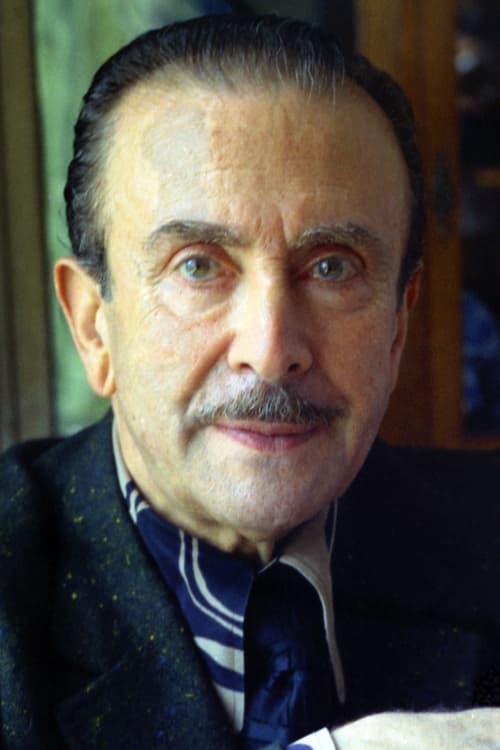Claudio Arrau
Nacimiento : 1903-02-06, Chillán, Biobío, Chile
Muerte : 1991-06-09
Historia
Claudio Arrau León (February 6, 1903 – June 9, 1991) was a Chilean pianist known for his interpretations of a vast repertoire spanning the baroque to 20th-century composers, especially Bach, Beethoven, Schubert, Chopin, Schumann, Liszt and Brahms. He is widely considered one of the greatest pianists of the twentieth century.
Arrau was born in Chillán, Chile, the son of Carlos Arrau, an ophthalmologist who died when Claudio was only a year old, and Lucrecia León Bravo de Villalba, a piano teacher. He belonged to an old, prominent family of Southern Chile. His ancestor Lorenzo de Arrau, a Spanish engineer, was sent to Chile by King Carlos III of Spain. Through his great-grandmother, María del Carmen Daroch del Solar, Arrau was a descendant of the Campbells of Glenorchy, a Scottish noble family. Arrau was raised as a Catholic, but gave it up in his late teens.
Arrau was a child prodigy and he could read music before he could read words, but unlike many virtuosos, there had never been a professional musician in his family. His mother was an amateur pianist and introduced him to the instrument. At the age of 4 he was reading Beethoven sonatas, and he gave his first concert a year later. When Arrau was 6 he auditioned in front of several congressmen and President Pedro Montt, who was so impressed that he began arrangements for Arrau's future education. At age 8, Arrau was sent on a ten-year-long grant from the Chilean government to study in Germany, travelling with his mother and sister Lucrecia. He was admitted to the Stern Conservatory of Berlin where he eventually became a pupil of Martin Krause, who had studied under Franz Liszt. At the age of 11 Arrau could play Liszt's Transcendental Etudes, one of the most difficult works for piano, as well as Brahms's Paganini Variations. Arrau's first recordings were made on Aeolian Duo-Art player piano music rolls. Krause died in his fifth year of teaching Arrau, leaving the 15-year-old student devastated by the loss of his mentor; Arrau did not continue formal study after that point.
In 1935, Arrau gave a celebrated rendition of the entire keyboard works of Johann Sebastian Bach over 12 recitals. In 1936, Arrau gave a complete Mozart keyboard works over 5 recitals, and followed with the complete Schubert and Weber cycles. In 1938, for the first time, Arrau gave the complete Beethoven piano sonatas and concertos in Mexico City. Arrau repeated this several times in his lifetime, including in New York and London. He became one of the leading authorities on Beethoven in the 20th century.
In 1937, Arrau married mezzo-soprano Ruth Schneider (1908–1989), a German national. They had three children: Carmen (1938–2006), Mario (1940–1988) and Christopher (1959). In 1941 the Arrau family emigrated from Germany to the United States, eventually settling in Douglaston, Queens, New York, where Arrau spent his remaining years. He became a dual U.S.-Chilean citizen in 1979. On August 17, 1982, the first CD of classical music of history was released by the PolyGram record company, whose content consisted of waltzes by Chopin performed by Claudio Arrau. ...
Source: Article "Claudio Arrau" from Wikipedia in English, licensed under CC-BY-SA 3.0.

